Nibali primed for thin air of Giro d'Italia's final week
'From tomorrow, it's a very different Giro'
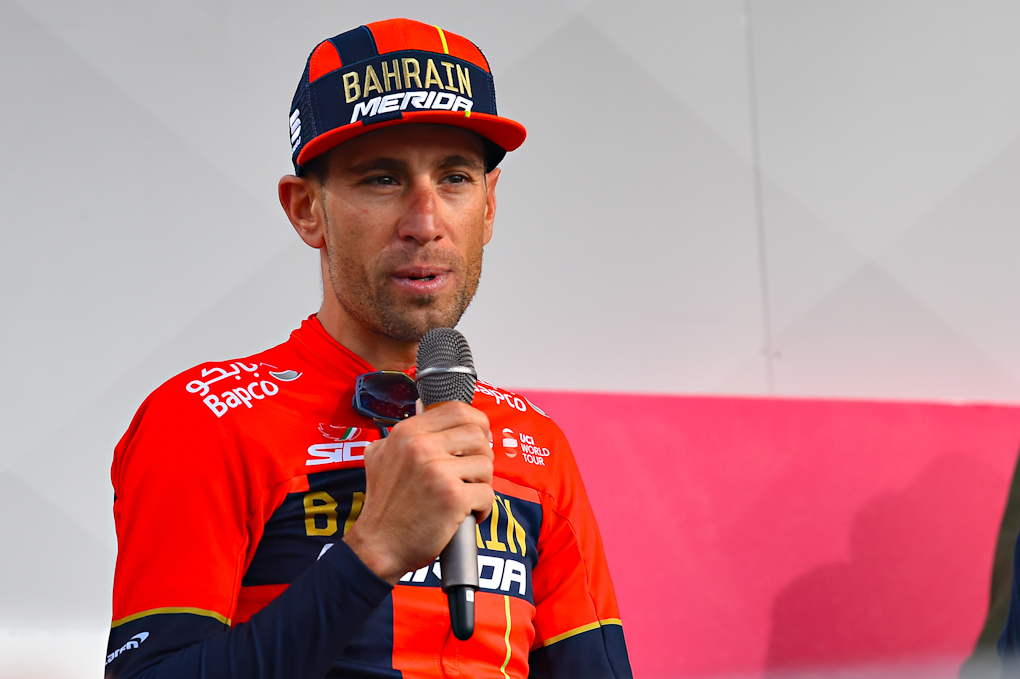
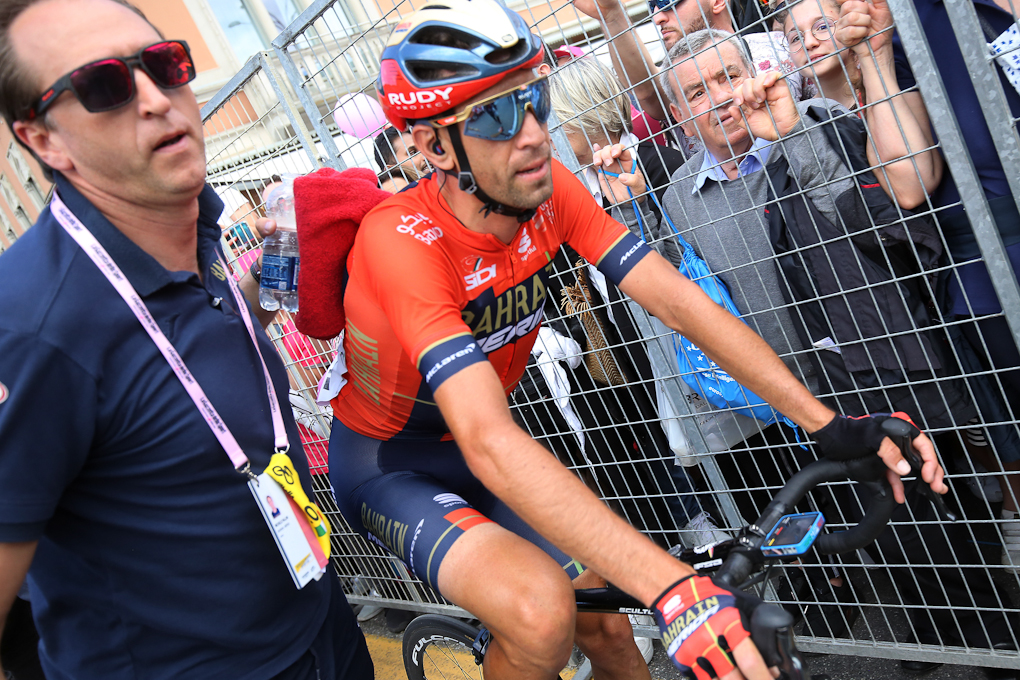
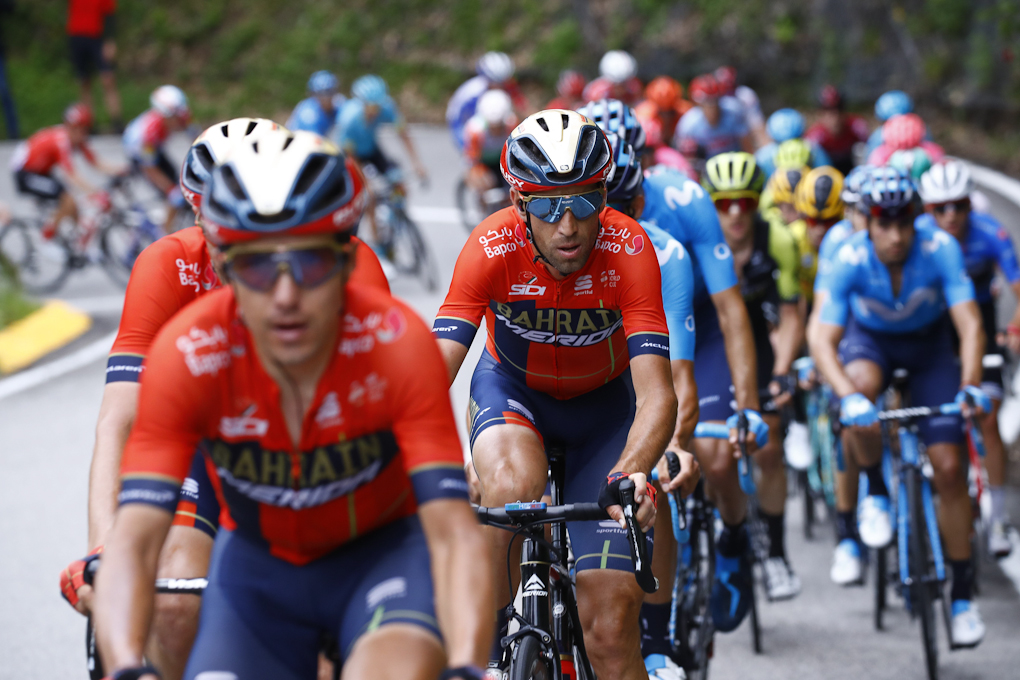
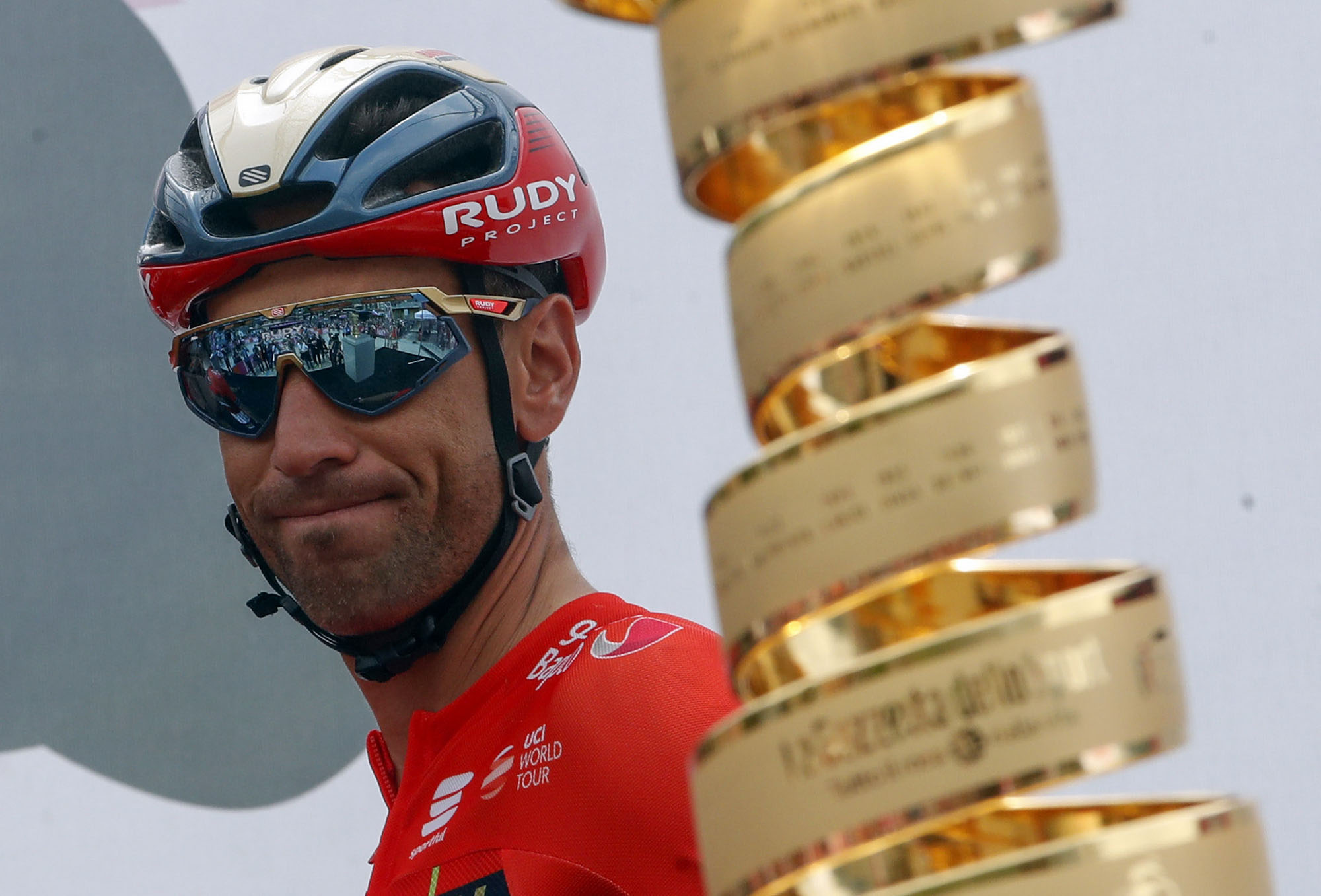
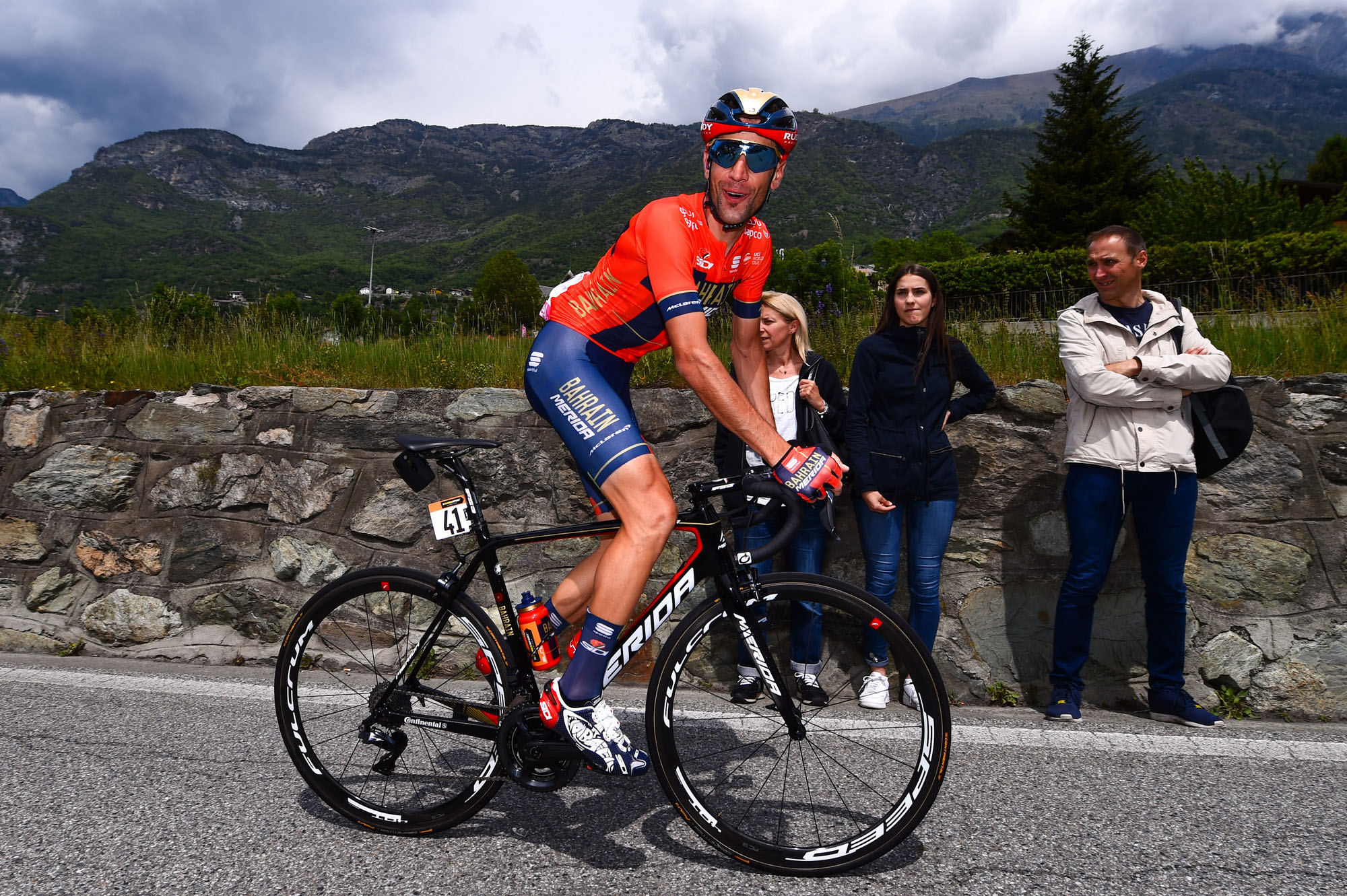
If the third week of the Giro d'Italia is akin to the last six miles of a marathon, then no man is as well-versed in going the distance as Vincenzo Nibali (Bahrain-Merida). The history of the corsa rosa is littered with riders who have kept pace for fifteen days only to hit the wall with the finish line almost in sight. Nibali, by contrast, is a rider who has the uncanny knack of hitting his stride just as the race reaches its hardest point.
Nibali: Roglic had a different kind of attitude today on Giro d'Italia
Vincenzo Nibali: Only winning counts at the Giro d'Italia
Carapaz rips up the Roglic and Nibali Giro d'Italia script – Analysis
Sivakov: Movistar accelerated after Roglic's Giro d'Italia mechanical
Giro d'Italia: Carapaz needs to take at least a minute on Roglic, says Unzue
On the Giro's second and final rest day, Nibali finds himself third overall, 1:47 down on maglia rosa Richard Carapaz (Movistar) and a minute behind Primoz Roglic (Jumbo-Visma). The gaps are not insurmountable and the terrain ahead is surely amenable: of the six stages between here and the finish in Verona, four are mountainous, starting with Tuesday's demanding leg over the Mortirolo to Ponte di Legno.
"The week coming up is a very hard one," Nibali said at a press conference in Orio al Serio on Monday. "It's the combination of these stages that makes it so hard because they weigh on your legs. It's been a Giro divided in two. The first half was flat, but from tomorrow it's a very different Giro."
The Passo Gavia may have been excised from the route of stage 16, but the Giro will still begin climbing to its more rarefied air on Tuesday. This point in the race, when the cumulative fatigue begins to make itself felt in earnest is something akin to mountaineering's death zone. At this dizzying height, previously straightforward actions can become rather more complicated.
"If one stage is harder than the others, it doesn't mean that it will be the decisive one, but it might have an impact on the next day," Nibali said. "In the end, a less hard stage could even be the one that makes the difference this week because of the fatigue that has been accumulated up to now."
For two weeks, Nibali's Giro seemed to be developing into straightforward duel with Roglic, particularly when Tom Dumoulin (Sunweb) crashed out in the first week and then Simon Yates (Mitchelton-Scott) lost ground in the San Marino time trial. Over the past weekend, however, Carapaz has emerged as a fresh threat to the established order. The Ecuadorian claimed the maglia rosa after he soloed to victory at Courmayeur on Saturday and looked particularly assured in responding to Nibali's attack on the Civiglio a day later.
"Solid," Nibali said when asked to assess Carapaz, who placed 4th overall a year ago. "He's been very sharp and he's maybe the rider who has looked most in form in the climbs. He's shown himself to be a possible winner."
The latest race content, interviews, features, reviews and expert buying guides, direct to your inbox!
Roglic
Even so, Nibali gives the sense that his principal task this week will be overhauling his deficit to Roglic ahead of the 17km time trial in Verona on the final day. He estimated that he would need to be "a minute to 90 seconds" clear of Roglic by then in order to feel confident of claiming overall victory, though he quipped that "being three or four minutes up would be even better."
Their rivalry has dominated column inches in the Italian sports pages in recent days, and at one point during Monday's press conference, Nibali was asked to revisit the moment at the end of stage 13 in Ceresole Reale when he neglected to return Roglic's fist bump.
"He put out his fist while I was braking, and I didn't get my hand up in time to touch his," Nibali said. "But in Italy, you never give the fist bump, that's more of an international thing. In Italy, like my grandparents and parents taught me, what matters more is the handshake. With a handshake, you understand the person in front of you."
Cultural misunderstandings aside, Nibali reckons he has a firm grasp on Roglic's tactical approach. The Slovenian, he believes, is staking his entire race on those last 17km in Verona. "He's riding in a calculated way," he said. "He knows his strong point is in the final time trial."
In the early part of the week at least, Nibali might find common cause with Carapaz, though he suggested that a seemingly resurgent Yates and a deep Astana team might also prove allies of circumstance through the succession of mountain stages to come.
"Looking at how Yates has been riding in the last couple of days, I think he has a big desire to turn things around and he'll try to attack from distance. He shouldn't be underestimated," said Nibali. Astana are very strong, they showed that this week and they know how to make big attacks. They could make the gruppo explode."
The opening act of the Giro's final week will, in the absence of the snow-blocked Gavia, see the race scale the climbs of Cevo and Aprica before tackling the mighty Mortirolo, most likely amid driving rain and low temperatures. "I don't really love bad weather," Nibali said, "but I can live with it."

Barry Ryan was Head of Features at Cyclingnews. He has covered professional cycling since 2010, reporting from the Tour de France, Giro d’Italia and events from Argentina to Japan. His writing has appeared in The Independent, Procycling and Cycling Plus. He is the author of The Ascent: Sean Kelly, Stephen Roche and the Rise of Irish Cycling’s Golden Generation, published by Gill Books.